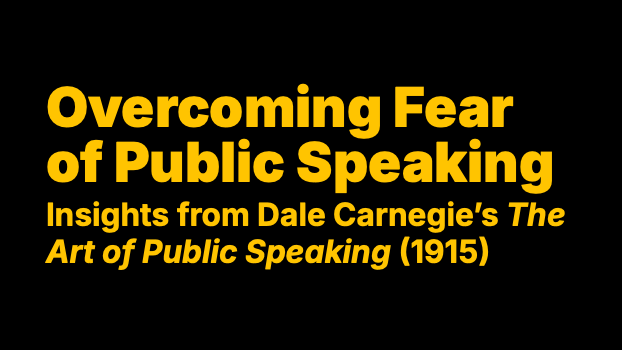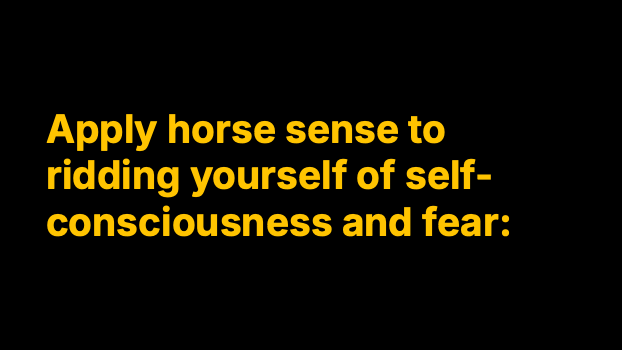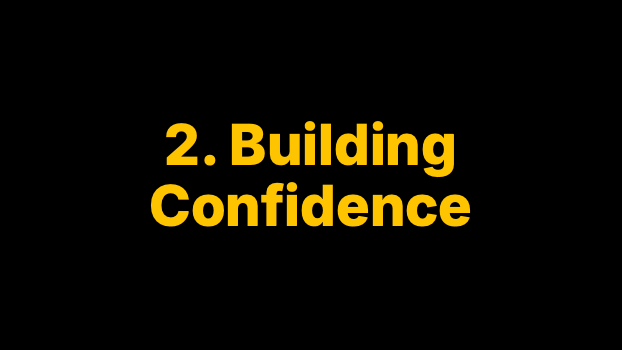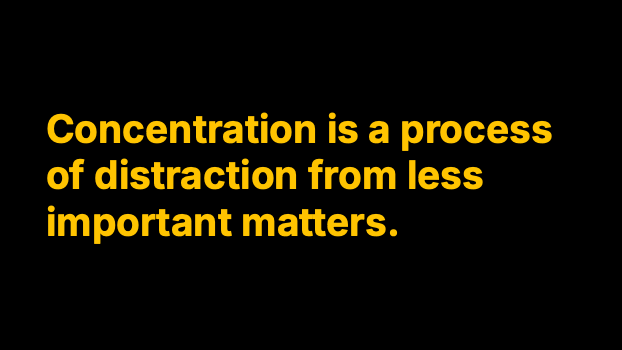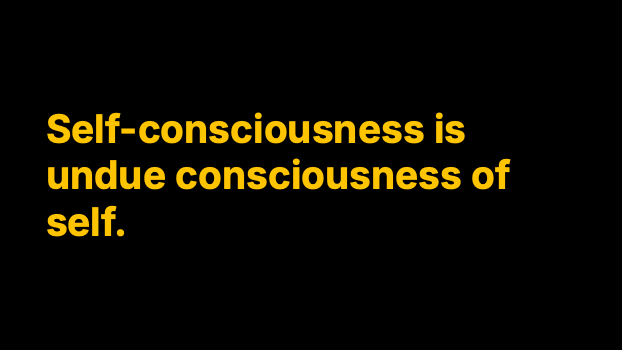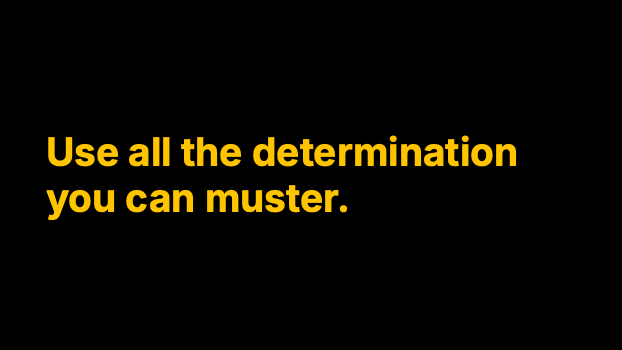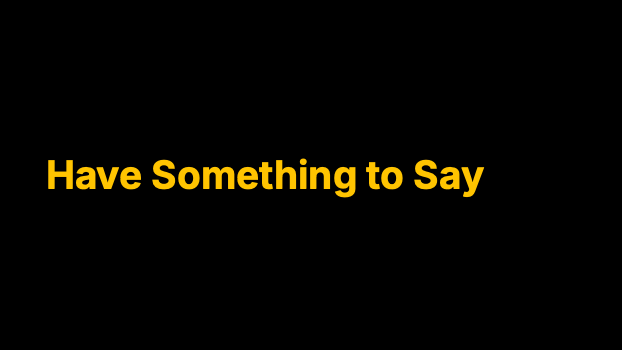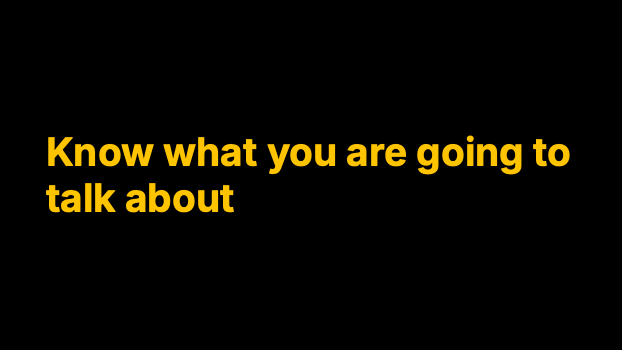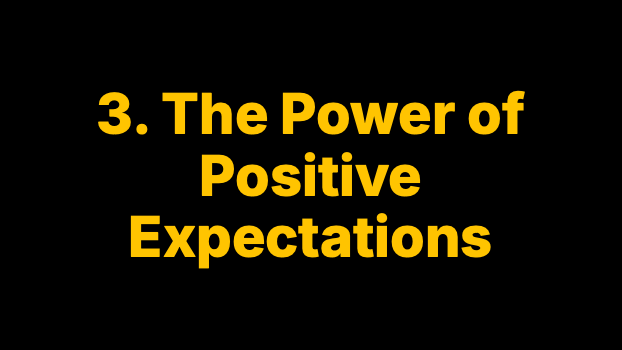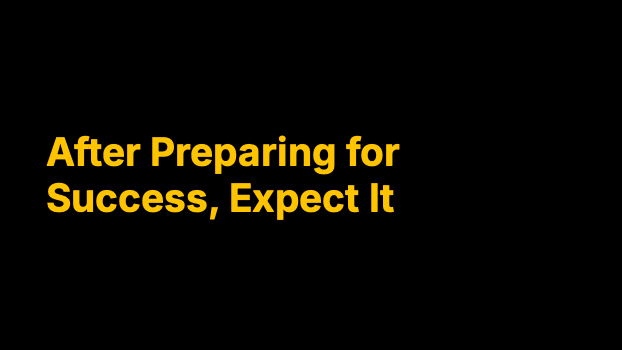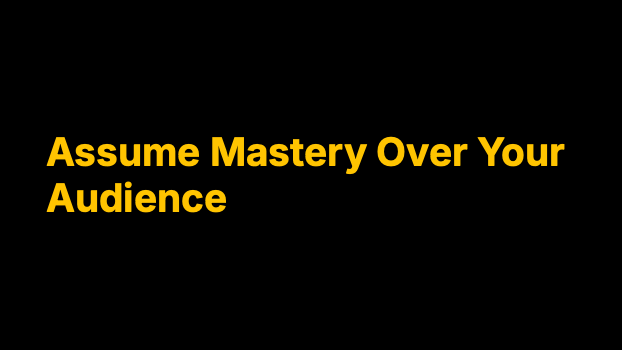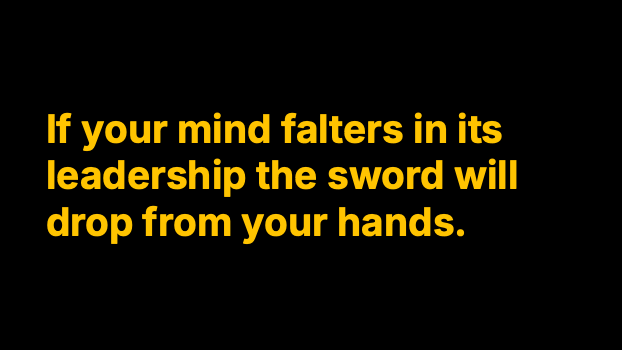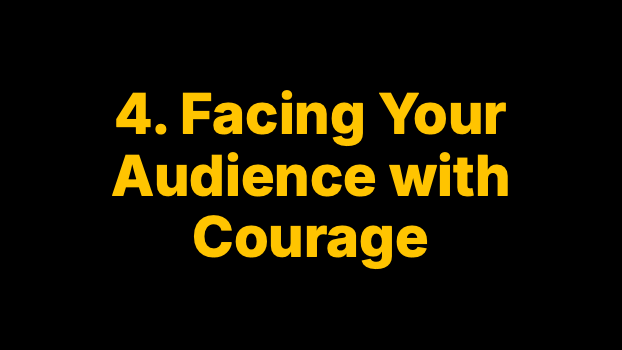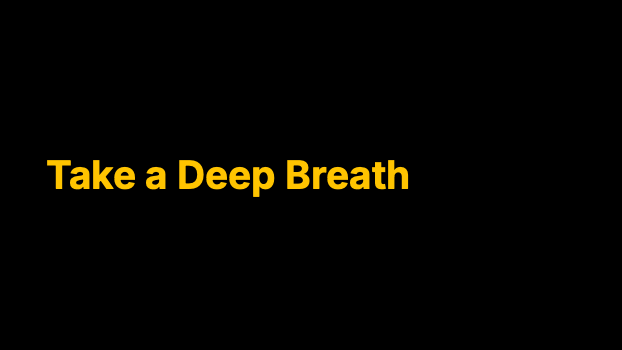Overcoming Fear of Public Speaking
Insights from Dale Carnegie’s The Art of Public Speaking (1915)
1. The Nature of Stage Fright
*Stage fright is a universal experience that even the best speakers have faced. Carnegie emphasizes that practice is the key to overcoming this fear. *
Facing Your Fears
Students of public speaking continually ask, “How can I overcome self-consciousness and the fear that paralyzes me before an audience?”
Did you ever notice in looking from a train window that some horses feed near the track and never even pause to look up at the thundering cars while just ahead at the next railroad crossing a farmer’s wife will be nervously trying to quiet her scared horse as the train goes by?
How would you cure a horse that is afraid of cars?
How would you cure a horse that is afraid of cars?
…graze him in a back-woods lot where he would never see steam engines or automobiles, or drive or pasture him where he would frequently see the machines?
Apply horse sense to ridding yourself of self-consciousness and fear:
Face an audience as frequently as you can, and you will soon stop shying. You can never attain freedom from stage fright by reading a treatise.
A book may give you excellent suggestions on how best to conduct yourself in the water, but sooner or later you must get wet, perhaps even strangle and be “half scared to death.” There are a great many “wetless” bathing suits worn at the seashore, but no one ever learns to swim in them. To plunge is the only way.
Practice, practice, PRACTICE in speaking before an audience will tend to remove all fear of audiences, just as practice in swimming will lead to confidence and facility in the water. You must learn to speak by speaking.
2. Building Confidence
Confidence in public speaking grows from preparation, focus on your subject, and the right mental attitude.
Be Absorbed by Your Subject
Apply the blacksmith’s homely principle when you are speaking.
If you feel deeply about your subject you will be able to think of little else.
Concentration is a process of distraction from less important matters.
It is too late to think about the cut of your coat when once you are upon the platform…
…so centre your interest on what you are about to say—fill your mind with your speech-material and, like the infilling water in the glass, it will drive out your unsubstantial fears.
Self-consciousness is undue consciousness of self.
Self-consciousness is undue consciousness of self, and, for the purpose of delivery, self is secondary to your subject, not only in the opinion of the audience, but, if you are wise, in your own.
To hold any other view is to regard yourself as an exhibit instead of as a messenger with a message worth delivering. Do you remember Elbert Hubbard’s tremendous little tract, “A Message to Garcia”? The youth subordinated himself to the message he bore.
Use all the determination you can muster.
So must you, by all the determination you can muster. It is sheer egotism to fill your mind with thoughts of self when a greater thing is there—TRUTH.
Say this to yourself sternly, and shame your self-consciousness into quiescence. If the theater caught fire you could rush to the stage and shout directions to the audience without any self-consciousness, for the importance of what you were saying would drive all fear-thoughts out of your mind.
Have Something to Say
The trouble with many speakers is that they go before an audience with their minds a blank. It is no wonder that nature, abhorring a vacuum, fills them with the nearest thing handy, which generally happens to be, “I wonder if I am doing this right! How does my hair look? I know I shall fail.” Their prophetic souls are sure to be right.
It is not enough to be absorbed by your subject—to acquire self-confidence you must have something in which to be confident. If you go before an audience without any preparation, or previous knowledge of your subject, you ought to be self-conscious—you ought to be ashamed to steal the time of your audience. Prepare yourself.
Know what you are going to talk about
Know what you are going to talk about, and, in general, how you are going to say it. Have the first few sentences worked out completely so that you may not be troubled in the beginning to find words. Know your subject better than your hearers know it, and you have nothing to fear.
3. The Power of Positive Expectations
Expecting success and adopting a bold, confident demeanor can significantly improve your performance and overcome fear.
After Preparing for Success, Expect It
Let your bearing be modestly confident, but most of all be modestly confident within.
Over-confidence is bad, but to tolerate premonitions of failure is worse, for a bold man may win attention by his very bearing, while a rabbit-hearted coward invites disaster.
Humility
Humility is not the personal discount that we must offer in the presence of others—against this old interpretation there has been a most healthy modern reaction.
True humility any man who thoroughly knows himself must feel; but it is not a humility that assumes a worm-like meekness; it is rather a strong, vibrant prayer for greater power for service—a prayer that Uriah Heep could never have uttered.
Assume Mastery Over Your Audience
In public speech, as in electricity, there is a positive and a negative force. Either you or your audience are going to possess the positive factor. If you assume it you can almost invariably make it yours. If you assume the negative you are sure to be negative.
Assuming a virtue or a vice vitalizes it. Summon all your power of self-direction, and remember that though your audience is infinitely more important than you, the truth is more important than both of you, because it is eternal.
If your mind falters in its leadership the sword will drop from your hands.
If your mind falters in its leadership the sword will drop from your hands. Your assumption of being able to instruct or lead or inspire a multitude or even a small group of people may appall you as being colossal impudence—as indeed it may be; but having once essayed to speak, be courageous. BE courageous—it lies within you to be what you will. MAKE yourself be calm and confident.
4. Facing Your Audience with Courage
Public speaking is a skill of daring and practice. Fear may persist, but it must not dominate. Courage and preparation turn fear into triumph.
No Haste
Do not make haste to begin—haste shows lack of control.
Do not apologize. It ought not to be necessary; and if it is, it will not help. Go straight ahead.
Take a Deep Breath
Take a deep breath, relax, and begin in a quiet conversational tone as though you were speaking to one large friend. You will not find it half so bad as you imagined; really, it is like taking a cold plunge: after you are in, the water is fine. In fact, having spoken a few times you will even anticipate the plunge with exhilaration.
